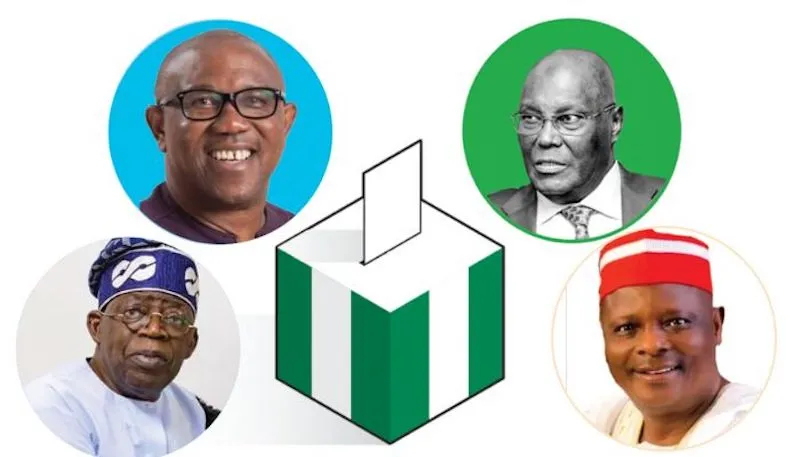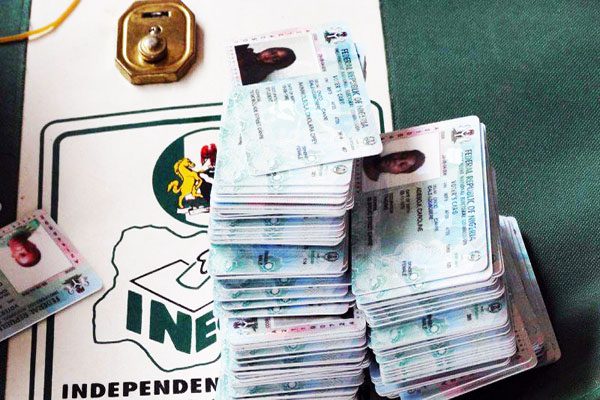Important of internet to Nigeria 2023 election
Important of internet to Nigeria 2023 election

Important of internet to Nigeria 2023 election
It is expected that the 2023 elections in Nigeria, which will be dominated by the usage of the internet, would be no different from the previous ones. The proliferation of internet access has made formerly laborious tasks, such as voter registration and campaign organisation, much easier. On top of that, it has made it much easier for the public to learn about how election systems work.

Important of internet to Nigeria 2023 election
One of the most notable ways in which the internet has affected elections in Nigeria is through the usage of social media and other online platforms for the purpose of political campaigning. It’s becoming increasingly normal for political parties and candidates to utilise social media to spread the word about their campaigns and connect with voters. They have been able to reach a wider audience, especially young people who are more likely to be engaged on social media, by going around traditional media channels.
Internet use has also facilitated improvements in voter registration and education. The Independent National Electoral Commission (INEC) has been relying on online resources to educate the public about the election process and to register voters. Voter turnout is up because people are finding it easier and more convenient to participate in elections.
Major Important of internet to Nigeria 2023 election
The availability of information online has helped with voter registration and education, and it has also increased people’s access to knowledge about the election process. For a long time, Nigerian citizens had only the traditional media to turn to for news on elections. More individuals than ever before have access to the internet, which means that voters can do their own research on the candidates and the electoral process.

Because of widespread Internet connection, observers can keep a closer eye on voting processes and verify the final tally. Several prior Nigerian elections have been met with accusations of voting fraud and other electoral irregularities. Voter fraud may be minimised and the voting process can be more trustworthy because to the increased use of technology, such as biometric voter registration systems and electronic voting machines.
Yet, while the internet has had a positive effect on the voting process in Nigeria, it has also presented a number of challenges. One of the most important challenges to solve is the problem of misinformation, which has plagued prior elections. It has been established that political parties and politicians have spread false or misleading information about their opponents on occasion. This might potentially change who wins the election.
Keeping up with proper cybersecurity is an additional challenge. The Independent National Electoral Commission (INEC) and other election-related websites in Nigeria have been the targets of cyber attacks. Voting might be disrupted and legitimacy of the election could be called into question if these assaults succeed.
Notwithstanding these obstacles, it is anticipated that the internet will play an important role in the 2023 elections in Nigeria. Because to its widespread usage and growing accessibility, the internet has become an integral part of political campaigns, voter registration, education, and the transmission of election information. It is crucial to address issues like false news and cyber security to guarantee a transparent and honest election.
History of Independent National Electoral Commission ‘INEC’
It is the responsibility of the Independent National Electoral Commission (INEC) to oversee elections in Nigeria. The inception of INEC may be traced back to the 1960s, when the country gained its independence from the United Kingdom.

In the early years of independence, elections in Nigeria were overseen by the Federal Electoral Commission (FEDECO), which was established in 1960. FEDECO was shut down in 1979 after being criticised for lacking impartiality and independence.
For these reasons, the military administration of General Muhammadu Buhari established the National Electoral Commission (NEC) in 1984. The NEC was established to be a non-partisan, impartial organisation responsible for organising and guaranteeing the integrity of elections.
NEC went the way of FEDECO in that it was heavily criticised and eventually dismantled in 1992. Elections in Nigeria were overseen by the National Electoral Commission of Nigeria (NECON) from 1983 to 1999, when the commission was disbanded by the military government of General Ibrahim Babangida.
In 1999, when democracy was revived in Nigeria, the country’s National Electoral Commission (NEC) was re-established. As late as the year 2006, the NEC was the entity responsible for overseeing the conduct of elections. The Independent National Electoral Commission (INEC) replaced it after it was dissolved in 2006.
The Independent National Electoral Commission (INEC) was created by the Independent National Electoral Commission Act of 2006 and is responsible for all elections in Nigeria. The Independent National Electoral Commission (INEC) is a trustworthy and impartial organisation. It is in charge of coordinating and managing the whole election procedure, from registering new voters to educating them on their rights at the polls to tallying the results.
One Comment
Comments are closed.


Thank you.